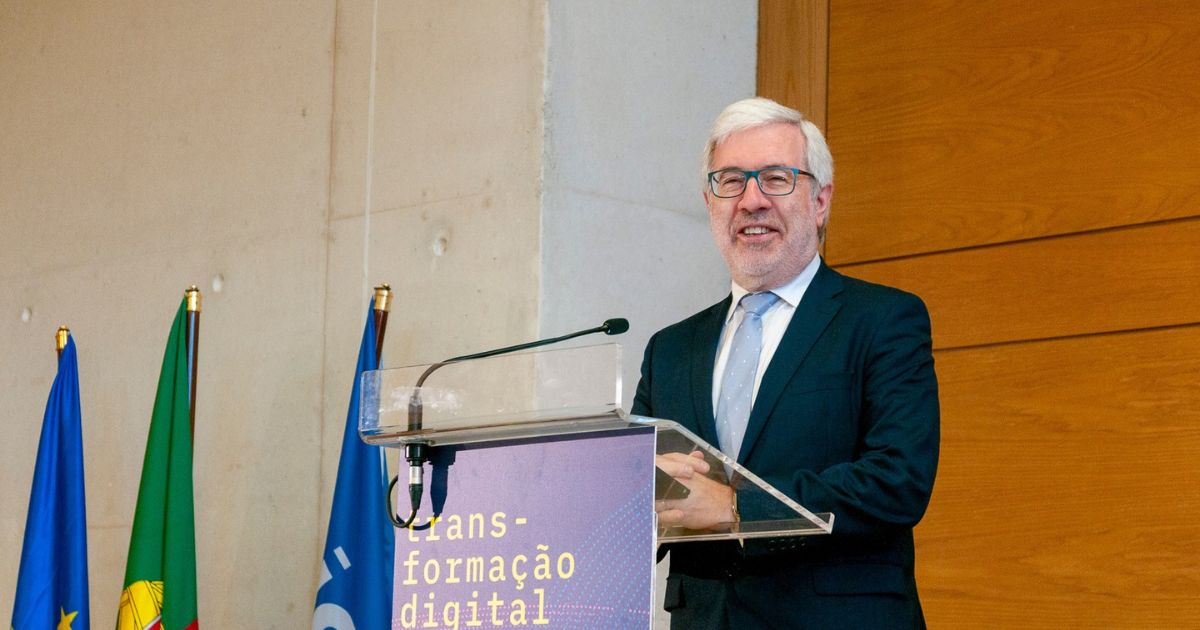
“The crisis triggered by the pandemic in 2020, (…) came to demonstrate in the case of Portugal (…), how technology can be the key to our progress as a society,” says Mário Campolargo, Secretary of State for Digitalization and Administrative Modernization, at the 1st Conference of the SocioDigital Lab for Public Policy on “Digital Transformation in Times of Crisis”, which took place at Iscte on November 28 and 29, 2022.
During his speech, Mário Campolargo also mentioned the RRP’s plans to accelerate the digital transition, particularly for Schools and Businesses, and discussed its vision of bringing the citizen closer to Public Administration services through policies such as the new generation of Simplex, assisted digital channels in citizen stores, widespread digital literacy and empowerment, strategies for equality and non-discrimination, among others. Ricardo Paes Mamede, Director of Iscte-Sintra, made a speech about the growth of Big Data technologies, Artificial Intelligence and the widespread adoption of social networks, with the end of the mediated availability of information and the emergence of greater concentration of power by large global corporations that own the most popular digital platforms. He also argued that the future of the digital transformation of society will pass through regulatory and technological advances in the protection of citizens’ privacy, often exploited by large platforms. Michael Tjalve, Director of Innovation in the Tech for Social Impact group at Microsoft Philanthropies, gave a lecture entitled “Digital Transformation in the Humanitarian Sector”, where he focused on the challenges of digital transformation in the context of humanitarian non-governmental organizations. Tjalve also presented several strategies that have been adopted in his work experience, namely in the provision of tools and services in various humanitarian crisis scenarios, such as natural disasters or refugee crises, for example. These tools and services include ways to facilitate contact to respond to urgent needs (such as water or food), but also to assess the real impact of the damage caused by an earthquake, for example using Artificial Intelligence applied to satellite imagery, or chatbots that provide confidential and interactive support to women experiencing domestic violence, in their own language.
Professor and researcher at Iscte, Miguel Sales Dias, a member of the Conference organization and one of the coordinators of the SocioDigital Lab’s “Digital Transformation” thematic line, makes “a very positive balance” of the event, stressing that the reflection promoted “may serve as a foundation for the future of digital transformation and may even advise public policies”, especially considering the importance of an interdisciplinary approach to respond to the various needs raised throughout the debates.
From November 28-29, digital transformation in times of crisis was discussed in several roundtables, with input from national and international experts through an interdisciplinary approach. The implications of each discussion will be compiled into policy briefs with recommendations to inform public policy making and decision making by policy actors.